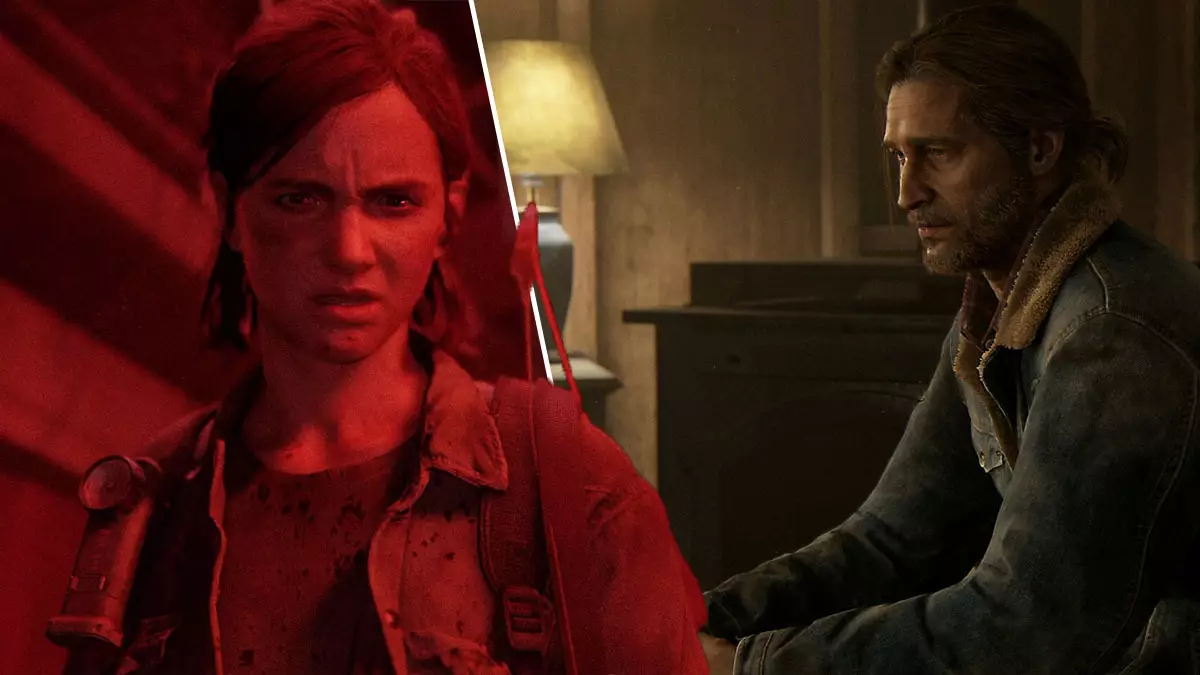
Words: Stacey Henley
When I listened to Run The Jewels' latest album, I never once thought about how it reminded me of a good book. When I watched Hamilton on Disney+, it never crossed my mind to compare it to a sculpture. Occasionally, we do compare two bits of entertainment in this way, but it's neither the default nor the gold standard of praise in other mediums.
Yet where video games are concerned, there seems to be an obsession with comparing them to films. The Last Of Us Part II is the latest in a long line of games to earn the "it's like a film" tag, and while it won't be the last game to be spun through this cyclical conversation - because we've definitely had this conversation before - it might just be the loudest.
Advert
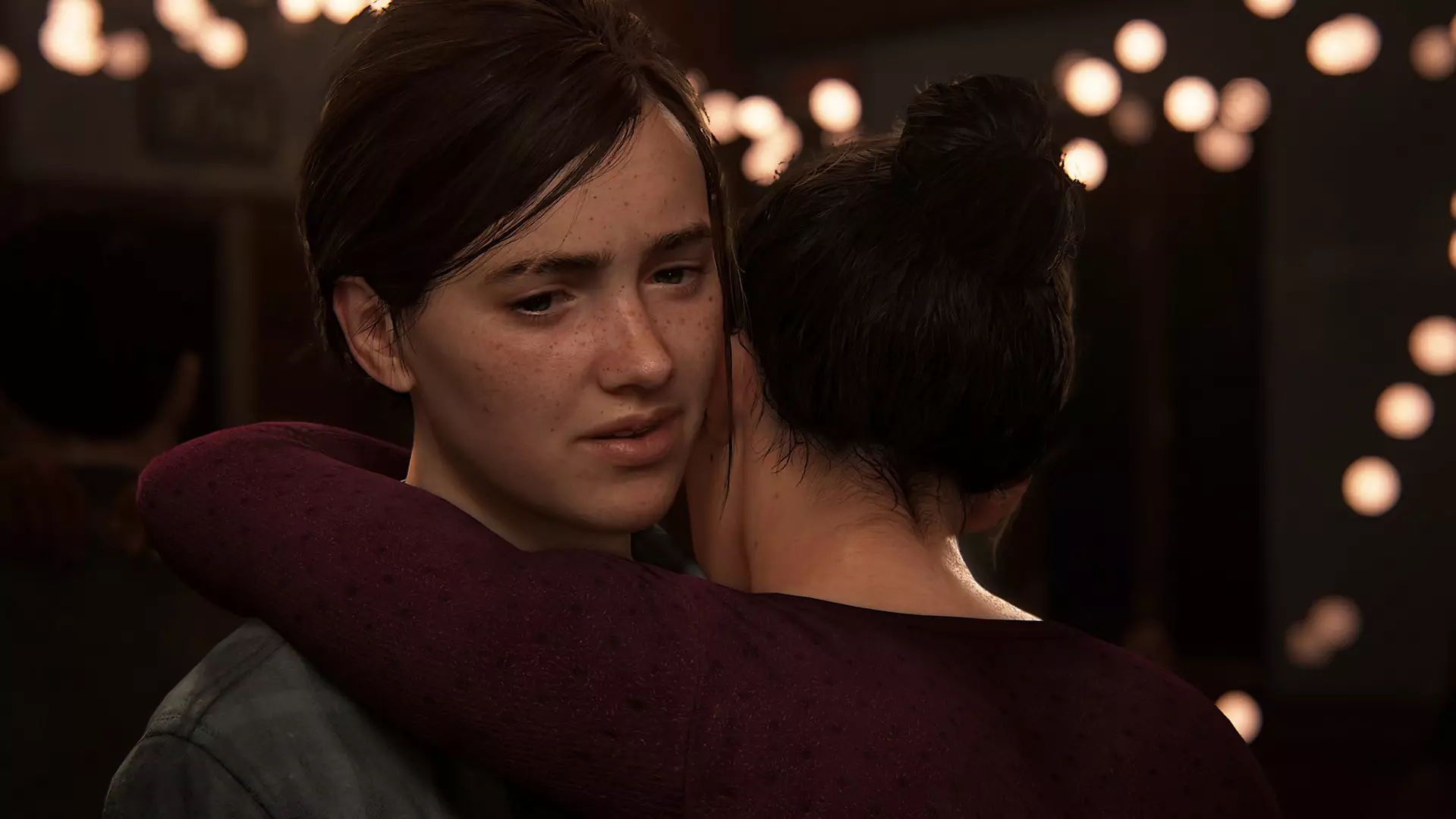
Conversations around this game in particular have raged on since a series of pre-release leaks, but the "it's like a film" debate really kicked off a week before the game came out, when the review embargo lifted. One person who'd been playing the game ahead of release, Jeff Cannata, was at the centre of this storm, tweeting: "In a medium where everything is John Wick, The Last of Us Part II is Schindler's List."
Firstly, it's incredibly bad taste to use the Holocaust - an atrocity which killed over six million people, lest we ever forget - when you're talking about a fictional zombie game. There's also the fact TLOU2 can be played exactly like John Wick if you abandon stealth (as we can see in the action-packed gifs posted by @SunhiLegend). But the main issue with the comparison is how it highlights why AAA games feel like they're being shunted down an increasingly narrow corridor. It doesn't really matter which films were in the Wick-List metaphor; the fact simply being a film is considered the highest praise is a problem that can stifle game direction that seeks to try something different.
While this time around it was Schindler's List, for the 2013 original game it was Citizen Kane. Though this comparison isn't as bad taste, it still doesn't particularly ring true. Citizen Kane is a great movie, but it was mainly lauded for its technical advancements within cinema, for how it managed to transcend, define, reinvent, and create modern cinema in one fell swoop. Did The Last Of Us do any of those things for gaming?
Advert
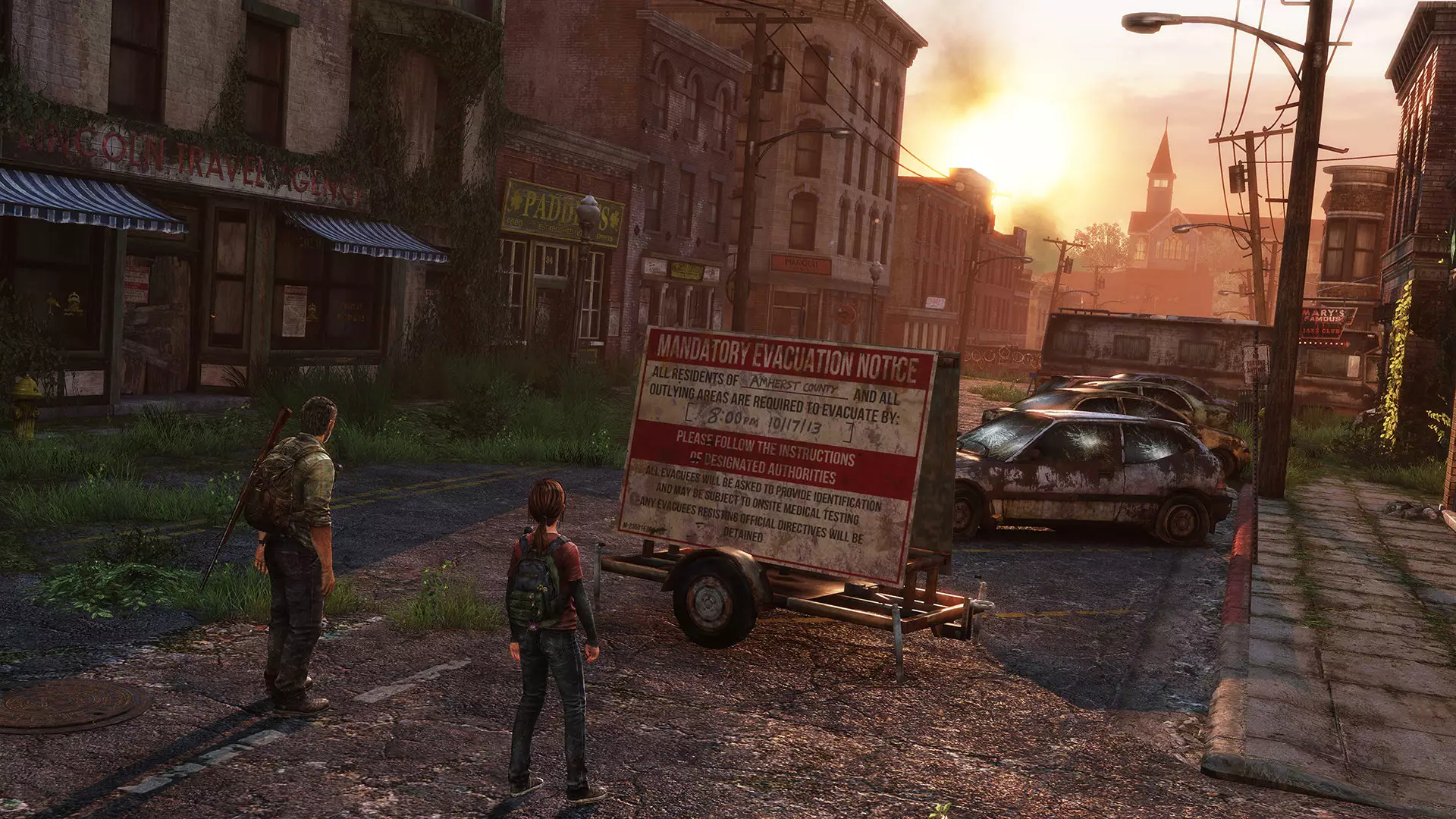
I don't mean from a story point of view - the first game had a great story, one which affected a lot of people. But like most stories, it had a few holes, required a few leaps, and didn't always flow perfectly. They're even adapting it into a TV show, one which will likely be able to deliver its narrative punches with a bit more competence and style, because television shows are supposed to tell stories.
Video games, while the narrative is a big part of the hook, are supposed to be played. And playing TLOU is... fine. But technically groundbreaking, forever shaping the face of gaming? I don't think there's much evidence of that. You shoot things, you run, you hide... it's a video game.
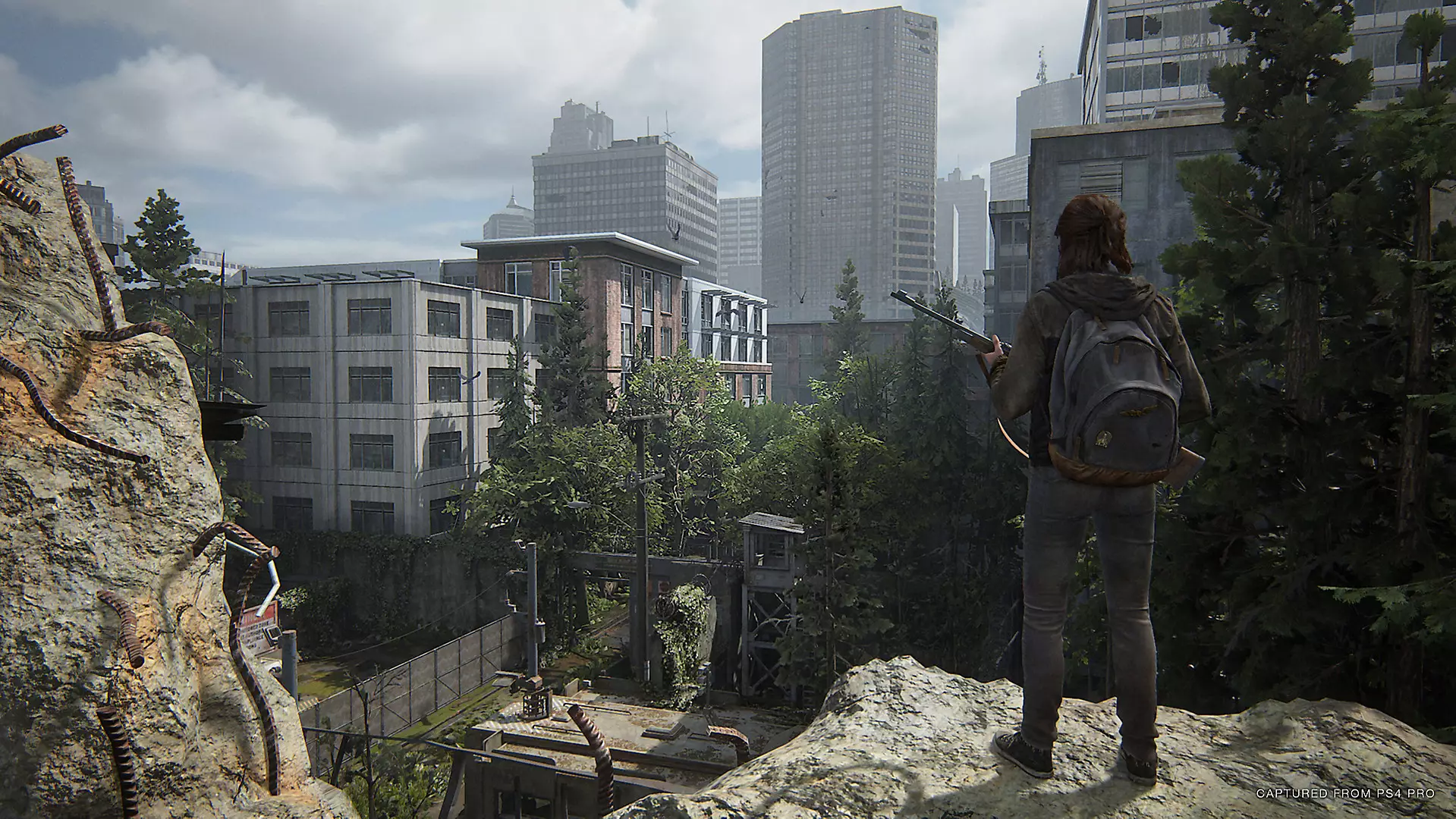
Advert
That leads us to the cousin of "it's like a film": "it's more than a game". Again, games are pretty unique in this attitude. Domino's adverts don't say "it's more than a pizza... it's a Ferrari," because it's not a Ferrari, it's a Pepperoni Passion. Sure, some marketing will state that the product in question is actually "more" than what it seems to be, but the consumer understands the truth - when a supermarket says its food isn't "just food", we know that, actually, it is just that, and only that. Likewise, games are not films, and they aren't "more than games", either... but they don't need to be.
Story spoilers ahead for The Last Of Us Part II
The Last Of Us Part II copies the original and doesn't do anything terrifically ambitious from a raw gameplay point of view; bit of stealth here, resource gathering there, point and shoot etc. Making you play as the 'villain' for half of the game and allowing you to empathise with her isn't groundbreaking, but it's certainly a bigger risk than marquee games tend to take with their gameplay structure. However, the fact it's being praised (or criticised) for having you play two very linear storylines highlights the ways mainstream games have yet to take advantage of the opportunities being a game provides, from a narrative POV.
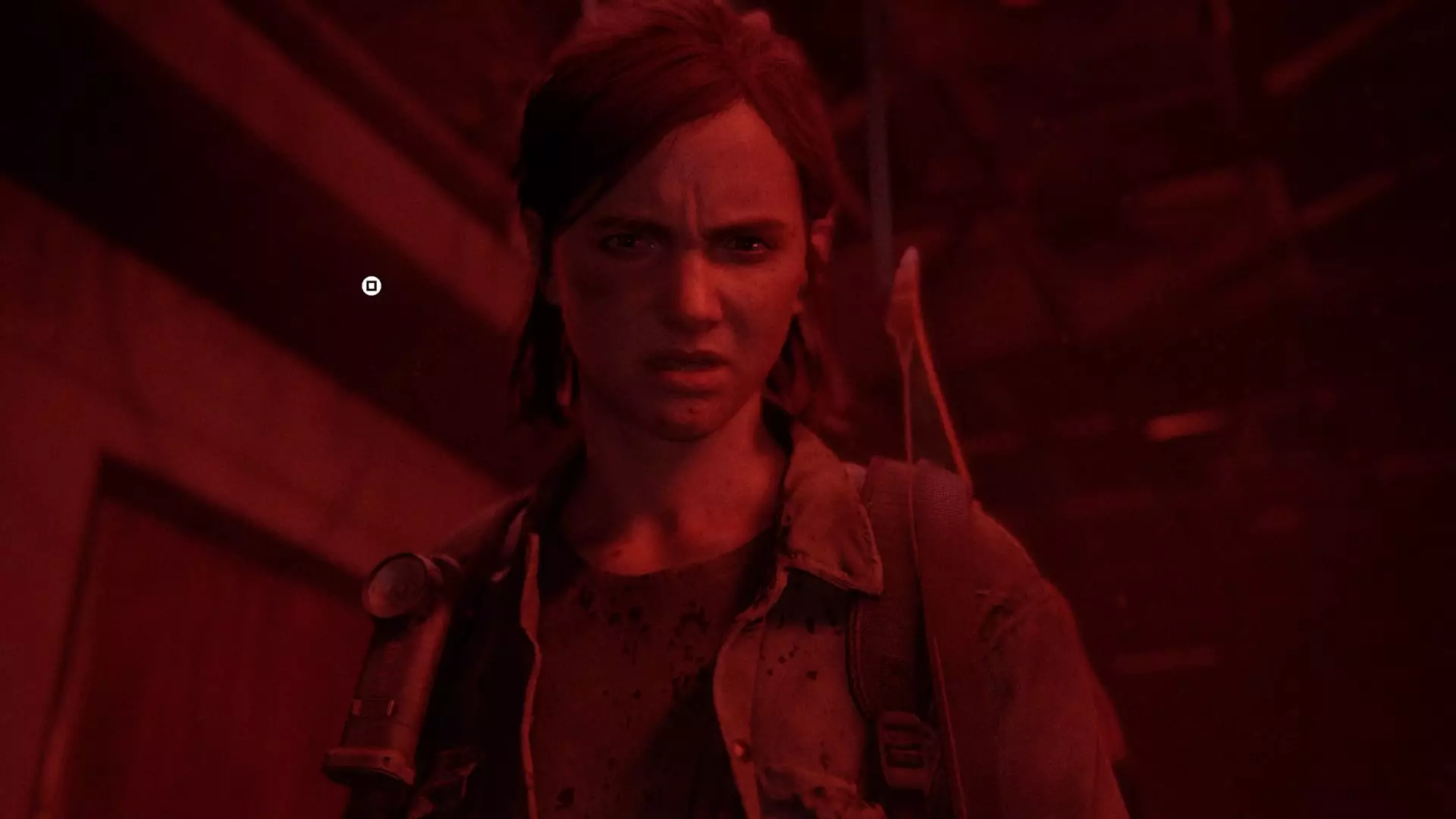
Advert
Strip away the story - which I actually think is pretty great, if occasionally poorly paced - and The Last Of Us Part II isn't that distinct from the first game. Yes, Abby and Ellie have slightly different playstyles, there's some sweet rope animations and action is a bit more fluid, but it's just a solid action-adventure stealth game.
The biggest scene which undermines the "more than a game" argument is when Ellie brutally beats Nora to death with a pipe, while a 'Press Square' button prompt appears on screen. Maybe it's because I was never all that on board with Ellie's quest for revenge, but I don't think this scene had the desired effect on me.
I think we were supposed to enthusiastically mash square, to feel Ellie's rage, to become her and pulverise her enemy, to experience emotions the way only a game can make us experience them. I just didn't really want to. So, I waited a while, leaving the pipe hanging in the air, to see if anything happened. It didn't, so I dutifully caved in Nora's skull and continued onwards, but it didn't leave me feeling like the bad guy. It didn't leave me feeling anything.
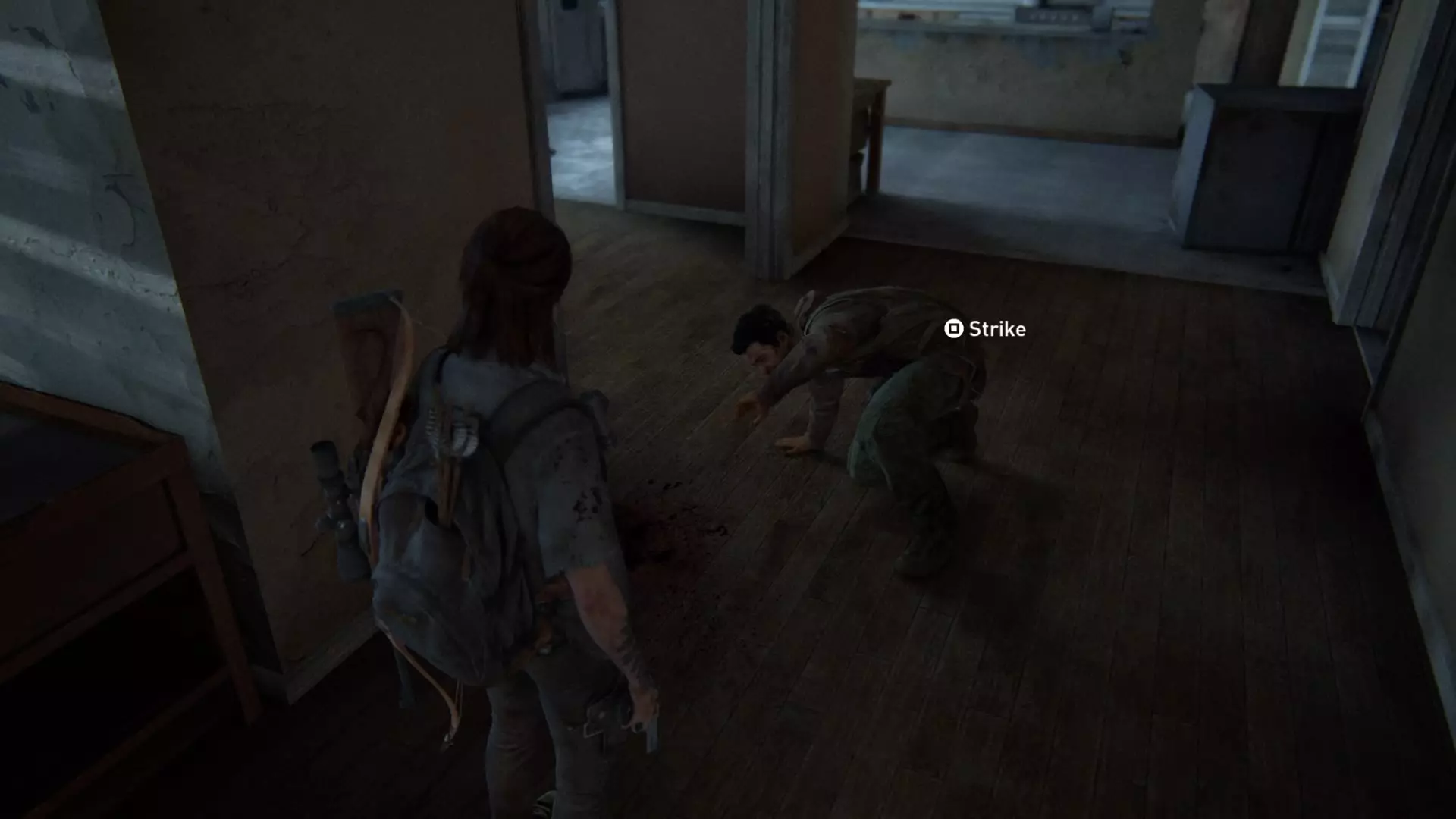
Advert
A similar situation can be encountered earlier in the game, too, in a situation that has no explicit bearing on the story Naughty Dog is telling. But this time, leaving the square button unpressed in the hope that the desperate person before Ellie does the right thing and runs away only sees them back off and pull out a gun, meaning you have to kill them. Again, any suggestion of meaningful player agency is merely an illusion, even when choosing to spare someone wouldn't affect how the story plays out, at all.
For the record, I have no issues with Ellie's decisions. TLOU2 is not a multi-choice RPG, but an action game with a pre-set narrative. What I had an issue with was the game forcing me to carry out this action, without giving me any other option, then expecting me to look in the mirror and feel ashamed of myself. Having literally directed me to 'push this button to beat a person to death', it had the gall to smirk at me with the attitude that it was now "more than a game". That it had done something new for the medium, when all it actually provided was a cutscene with a button prompt.
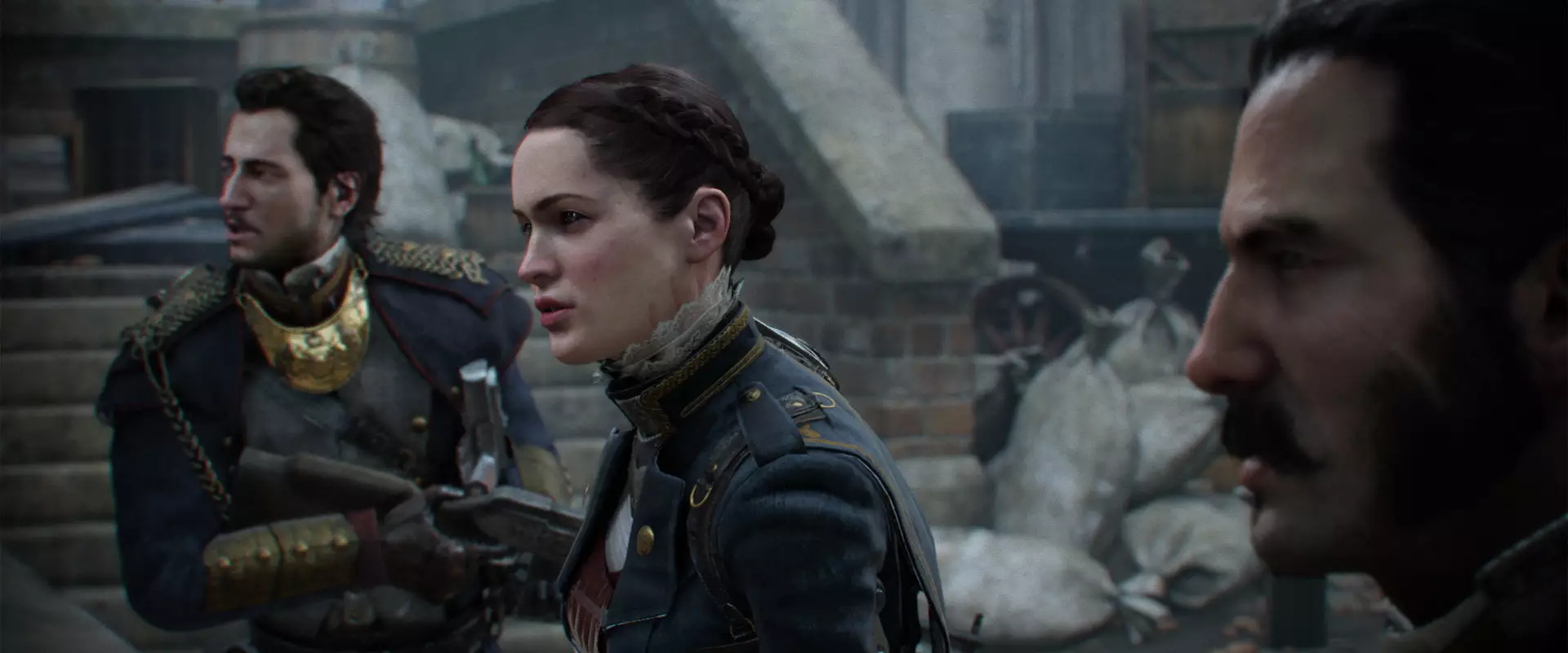
Playable cutscenes are hardly new ground either; the Uncharted series, also made by Naughty Dog, uses them frequently, while the Tomb Raider series (both pre and post reboot), Middle-earth: Shadow Of Mordor and The Order: 1886 all used Quick Time Events - cutscenes where multiple buttons have to be pressed in sequence, a mechanic that dates back at least as far as SEGA's Shenmue in 1999. Narratively it falls flat because there's no other option to make, and technically it's a riff on something gaming has been doing for years.
Comparing a game to a film isn't inherently bad, and can help people get a feel for the tone, genre, and character. The problem is when the aim is to be like a film, leading to a greater focus on linear, Oscar-bait storytelling, expensive graphics, and gameplay which doesn't want to try anything new for fear of treading on finely crafted cutscenes and narrative. There are games out there which stretch the medium a bit more, usually indie games with lower stakes and bigger imaginations. They tell their stories in more inventive ways, and incorporate gameplay as more than a 'reach this location' or 'shoot these baddies' task.
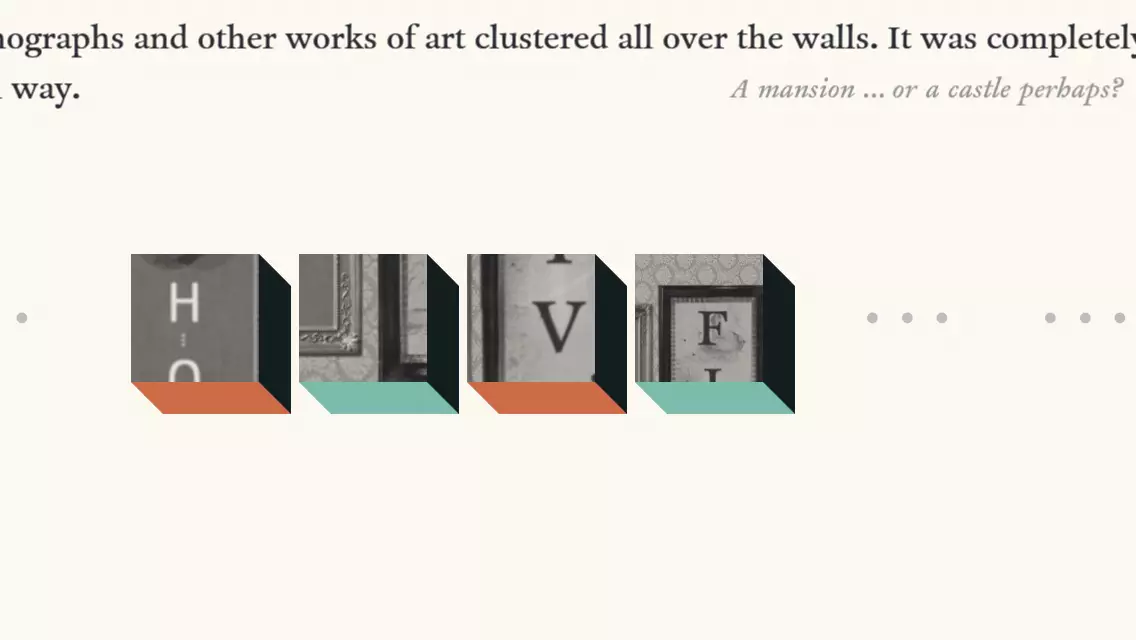
If Found..., A Short Hike, Firewatch and The Vanishing Of Ethan Carter spring to mind, and they're just scratching the surface of the more well-known and less-experimental indie titles. The Stanley Parable, Device 6 and The Talos Principle push the envelope even further. Control is probably the most recent major, AAA-adjacent game to turn away from "it's like a film" with its explorative, open-feeling structure and lack of explicit, player-direction funnelling - and it feels all the fresher for it.
When we talk about Great Games:tm:, we too often look for the highly polished graphics, the Hollywood or HBO storylines, and ignore the more fantastical, artful potential that being a game, something far more shifting and fluid than a scripted film, allows for.
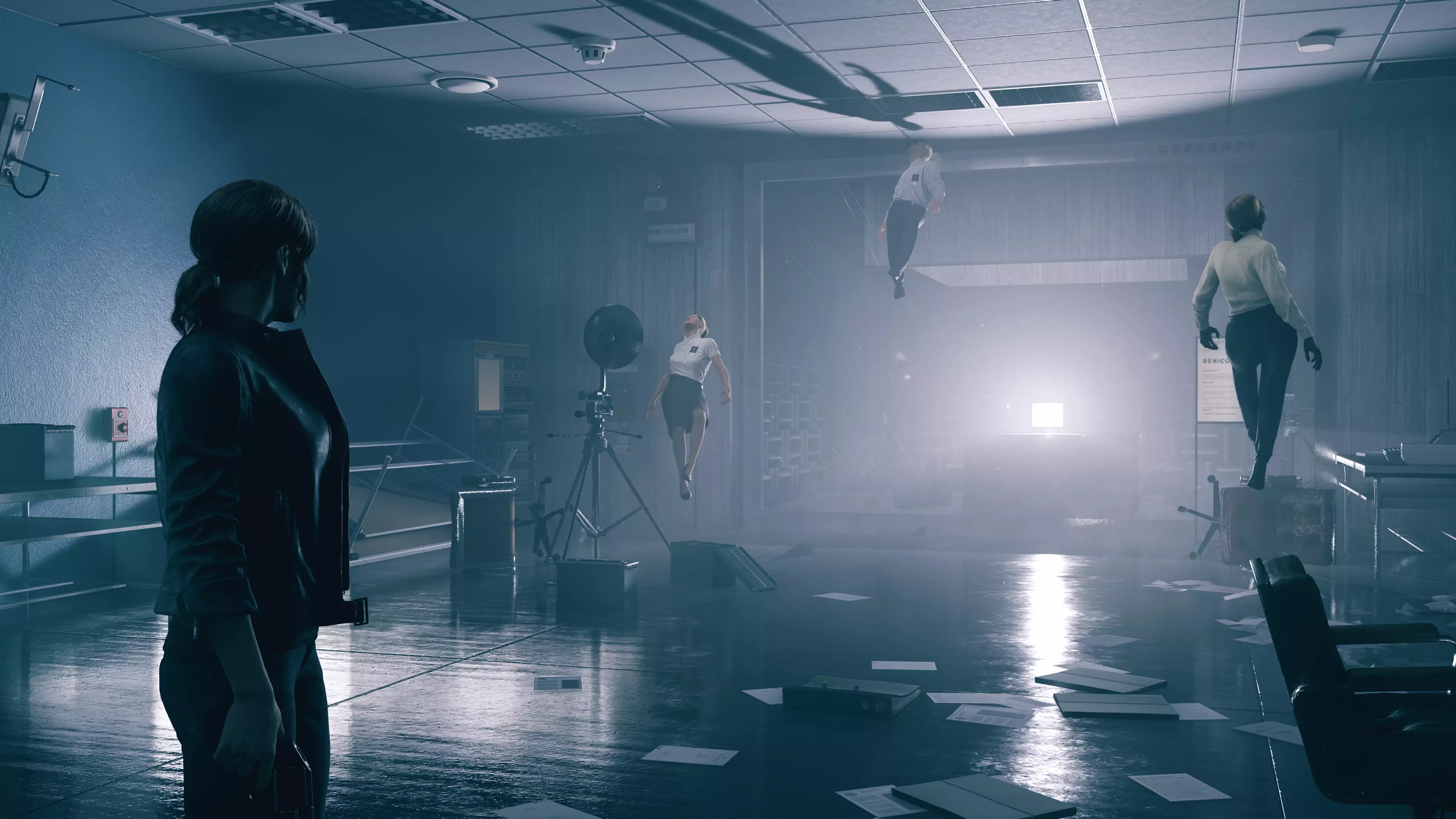
I get that people loved this sequel - I enjoyed most of it myself - and I understand wanting to delve into this world again. But a part of me wishes TLOU2 had been Citizen Kane - or rather, that Naughty Dog had spent all the money they'd pumped into this playable movie with 2013's polished gameplay into an actual parallel to Citizen Kane. Into something truly, technically new, something which marked a before and after watershed for gaming. Instead they gave us a decent game with a moving story that won't really mark anything, because the gameplay doesn't offer much to be inspired by and few studios have the budget for this level of mo-cap-heavy storytelling.
I want to watch The Last Of Us the TV show, but I wanted to play The Last Of Us the game. Even after over 30 hours in the sequel, I'm not sure I have.
Follow the author on Twitter at @FiveTacey, and GAMINGbible at @gamingbible. The Last Of Us Part II is out now (maybe you noticed), and we've many more words on the game, here.
Featured Image Credit: Sony Interactive Entertainment, Naughty DogTopics: Feature, Control, PlayStation, Opinion, The Last of Us Part 2, Naughty Dog, The Last Of Us